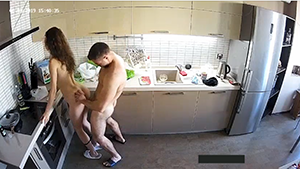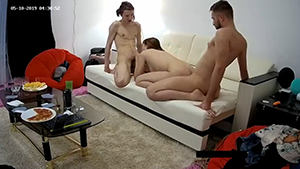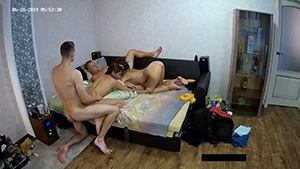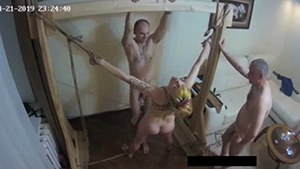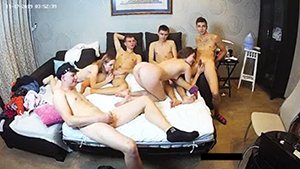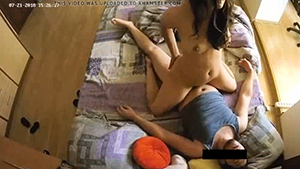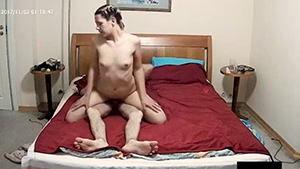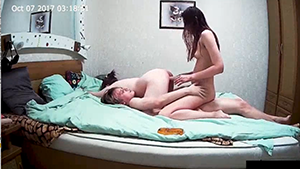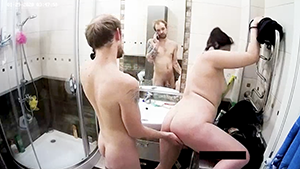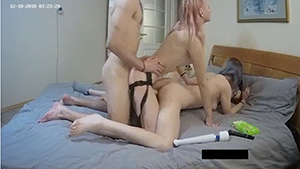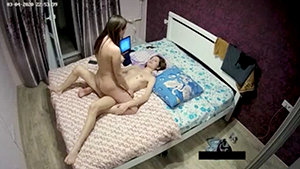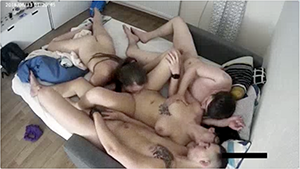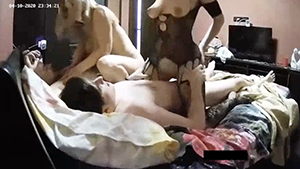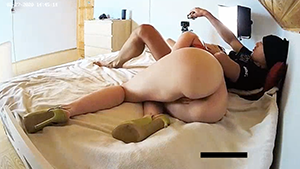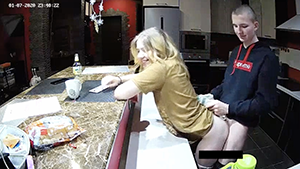The Allure and Controversy of Voyeur House: Exploring the World of Live Streaming Homes
In the age of digital connectivity, the boundaries between public and private life continue to blur. One fascinating manifestation of this phenomenon is the rise of voyeur houses, where individuals invite the world to witness their daily lives through live streaming. The term "voyeur house" itself suggests an element of secrecy and observation, sparking both curiosity and controversy. In this article, we delve into the concept of voyeur houses, examining their origins, the reasons behind their popularity, the ethical considerations surrounding them, and the impact they have on our understanding of privacy in the digital era.
Defining Voyeur House:
A voyeur house is essentially a residence equipped with cameras that broadcast live footage of the inhabitants' daily activities, creating an ongoing reality show. Unlike traditional reality TV, which is carefully edited and curated, voyeur houses offer an unfiltered and continuous stream of people's lives. Viewers become virtual observers, watching as residents go about their routines, interact with each other, and navigate the challenges of everyday life.
The Rise of Voyeur Houses:
The roots of voyeur houses can be traced back to the early days of reality television. Shows like "Big Brother" popularized the concept of cameras capturing individuals in their living spaces. However, the evolution of technology and the rise of social media have transformed this idea into something more intimate and accessible.
Platforms like Twitch, YouTube, and dedicated voyeur house websites have facilitated the growth of this phenomenon. Viewers can tune in at any time, creating a sense of immediacy and connection with the residents. Voyeur houses range from single individuals sharing their solo lives to groups of people living together, creating a dynamic and diverse range of content.
Motivations Behind Voyeur Houses:
The motivations for individuals to open their homes to the public eye vary widely. Some participants are driven by a desire for fame and attention, hoping to attract a large following and potentially monetize their daily lives through sponsorships and donations. For others, the motivation may be more social – seeking a sense of community and connection with like-minded individuals in the digital realm.
Voyeur houses also appeal to viewers who find entertainment in the mundane and the unpredictability of real-life situations. In a world saturated with scripted content, the raw and unscripted nature of voyeur houses offers a refreshing departure from traditional media.
Ethical Considerations:
While voyeur houses may seem harmless on the surface, they raise significant ethical questions about privacy and consent. The residents willingly choose to share their lives, but the potential consequences of such exposure can be profound. The line between public and private life becomes blurred, and participants may find it challenging to navigate the boundaries of what is acceptable to share with the world.
Concerns about exploitation and the impact on mental health have also been raised. Living under constant surveillance can be emotionally taxing, leading to heightened stress and anxiety. Additionally, the potential for online harassment and invasion of privacy adds another layer of complexity to the ethical considerations surrounding voyeur houses.
The Legal Landscape:
The legal implications of voyeur houses are intricate and vary depending on jurisdiction. In some countries, individuals have the right to control the use of their image, and broadcasting someone without their consent may constitute a violation of privacy laws. However, many participants willingly enter into agreements with voyeur house platforms, waiving certain rights in exchange for the opportunity to share their lives with a broader audience.
Platforms hosting voyeur houses often have terms of service that outline the rules and guidelines for participants. These agreements attempt to strike a balance between protecting the rights of individuals and allowing the platforms to operate within legal boundaries. Nevertheless, legal challenges and debates about the limits of consent in the digital age persist.
Impact on Social Dynamics:
Voyeur houses have the potential to shape social dynamics in both positive and negative ways. On the positive side, these platforms can foster a sense of community among viewers who share common interests or identify with the experiences of the residents. The ability to interact with participants through comments and live chats creates a unique form of engagement, blurring the lines between content creators and their audience.
However, the constant scrutiny and potential for judgment from viewers can also lead to performative behavior among participants. Living under the gaze of thousands or even millions of viewers may influence individuals to alter their behavior, consciously or unconsciously, to cater to the expectations of their audience. This dynamic raises questions about authenticity and the impact of external validation on one's sense of self.
Privacy in the Digital Era:
The advent of voyeur houses forces society to grapple with evolving notions of privacy in the digital age. As individuals willingly share more aspects of their lives online, the concept of personal boundaries becomes increasingly complex. The right to privacy is a fundamental human right, yet the allure of online attention and the potential for financial gain sometimes prompt individuals to willingly relinquish aspects of their private lives.
The debate surrounding voyeur houses is part of a larger conversation about the balance between personal freedom and the responsibility to protect individuals from harm. Striking this balance requires a nuanced understanding of the impact of technology on our lives and the ethical considerations that come with the evolving landscape of online content creation.
Conclusion:
Voyeur houses represent a unique intersection of technology, entertainment, and human behavior. The concept challenges traditional notions of privacy while providing a platform for individuals to share their lives with a global audience. As the popularity of voyeur houses continues to grow, it becomes crucial for society to engage in thoughtful discussions about the ethical implications, legal considerations, and the impact on individuals' well-being.
Ultimately, the phenomenon of voyeur houses prompts us to reflect on the broader implications of our increasingly interconnected and digitized world. As we navigate the complex landscape of online content creation, it is essential to strike a balance between the freedom to share our lives and the responsibility to protect the privacy and well-being of individuals participating in this evolving form of entertainment.

